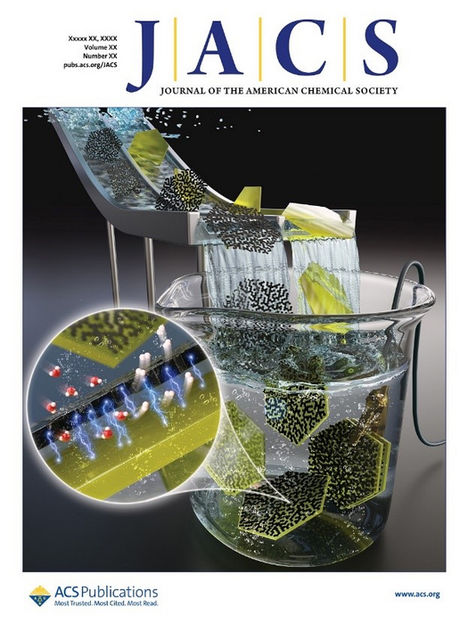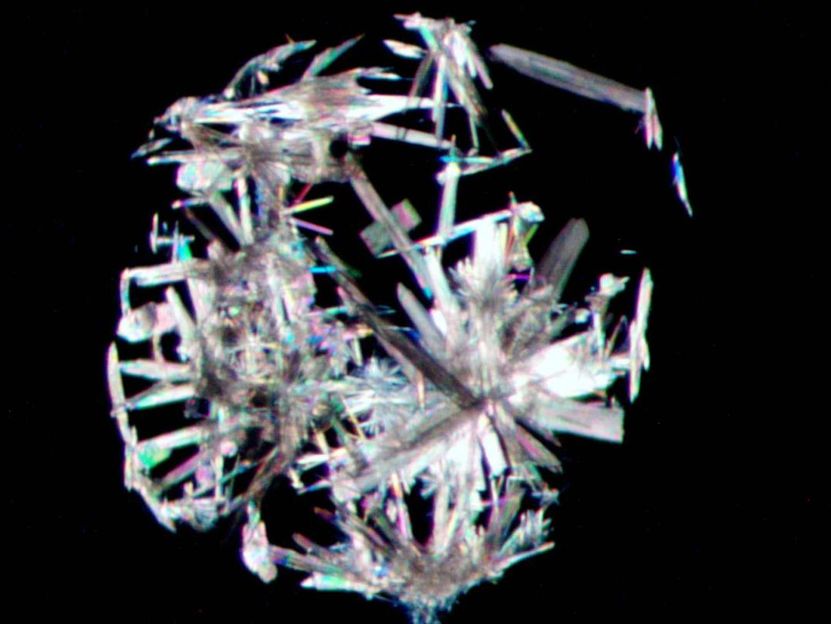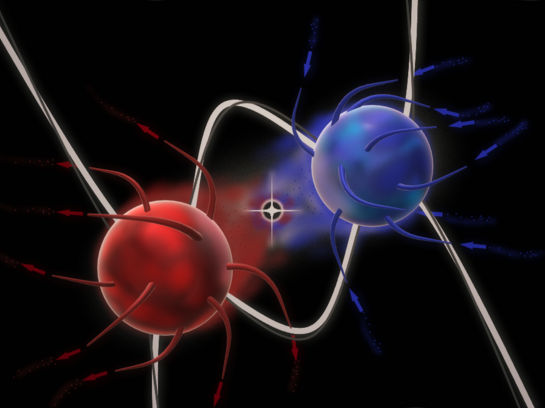Melting sea ice releases trapped pollutants
Scientists in Denmark have found evidence that melting sea ice is causing the re-emission of banned pesticides, presenting a further potential consequence of global warming.
Organochlorine pesticides (OCPs) have been banned or restricted in most countries because of their tendency to bioaccumulate to toxic concentrations in the food chain.
A process known as the ‘grasshopper effect’ leads to OCPs accumulating in cold Polar Regions via their repeated exchange between the atmosphere, soil and aqueous environments.
Previous research has shown that North East Greenland is burdened with pollution. Now, for the first time, Danish researchers have taken systematic measurements that show a correlation between atmospheric OCP concentrations at Station Nord in North East Greenland and temperature and levels of ice cover, over three years.
Carsten Skjøth , one of the scientists who worked on the research at Aarhus University, said: “The approach of a more dynamic estimation of emissions is today in general only used for a few species, mainly emissions in relation to nature. However, anthropogenic emissions can also be affected by climate change, directly or indirectly.”
Other news from the department science

Get the chemical industry in your inbox
By submitting this form you agree that LUMITOS AG will send you the newsletter(s) selected above by email. Your data will not be passed on to third parties. Your data will be stored and processed in accordance with our data protection regulations. LUMITOS may contact you by email for the purpose of advertising or market and opinion surveys. You can revoke your consent at any time without giving reasons to LUMITOS AG, Ernst-Augustin-Str. 2, 12489 Berlin, Germany or by e-mail at revoke@lumitos.com with effect for the future. In addition, each email contains a link to unsubscribe from the corresponding newsletter.
Most read news
More news from our other portals
Last viewed contents

Double-layered catalyst generates more hydrogen
Silk could be new 'green' material for next-generation batteries

Chemistry breakthrough could speed up drug development
Reminyl Receives FDA approval




























































